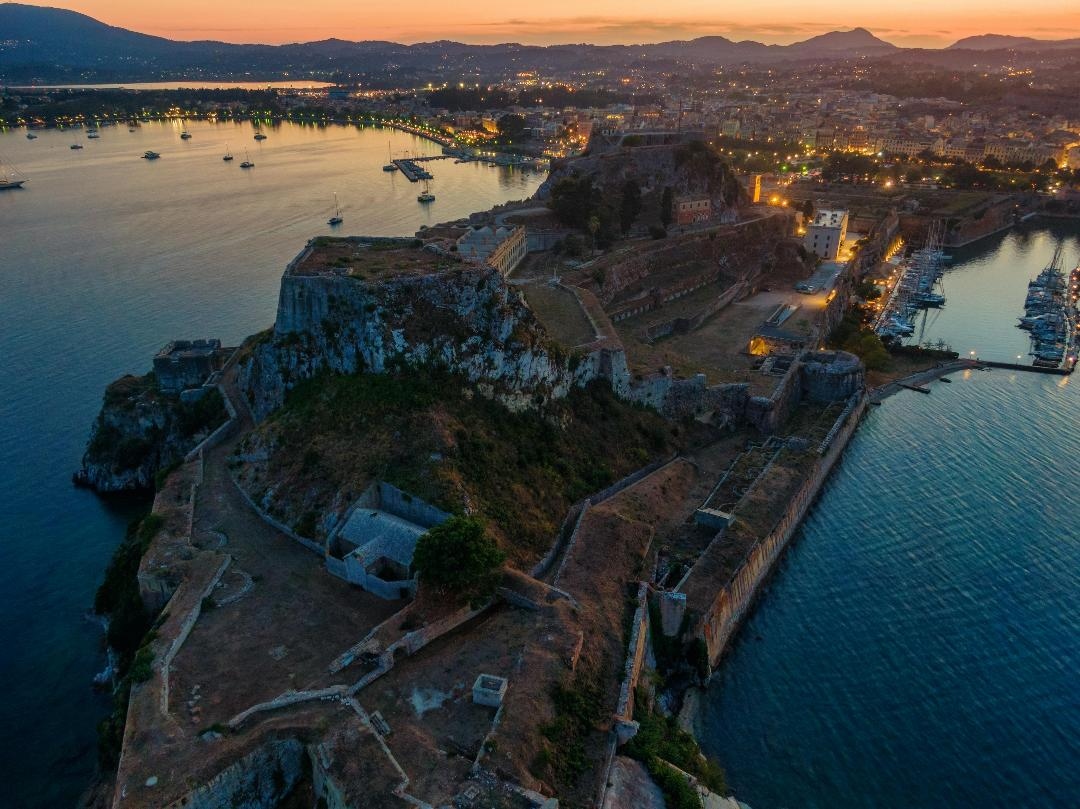Greece may still be basking in the glow of record-breaking tourism, but the next ten years will determine whether its islands remain global champions or victims of their own success.
According to a new report by the National Bank of Greece (NBG), the country’s islands will require €35 billion in infrastructure investments over the next decade to maintain their attractiveness and competitiveness. Without them, Greece’s current tourism boom could collapse under the weight of outdated systems.
The numbers are stark. The islands welcome nearly half of all foreign visitors, with arrivals doubling in the past 15 years to reach 16 million in 2024. Seven Greek islands now rank among the world’s top 30 destinations, alongside Bali and Hawaii. But during the summer peak, tourist density reaches 33 visitors per km² daily – ten times higher than the rest of Greece and the Mediterranean.
Infrastructure under strain
Despite this explosive growth, infrastructure spending per inhabitant has remained flat for two decades, matching levels on the mainland. Yet island populations surge by up to 100% in high season, putting immense pressure on water, energy, transport and waste systems.
NBG estimates that to meet growing needs, annual investments should rise from €2 billion to €3.5 billion, including:
- €1 billion to handle the seasonal population spike, and
- €0.5 billion to offset additional “island costs” such as logistics and isolation.
Without a bold investment plan, Greece’s island success story could hit its limits.
A new governance model
To turn plans into real infrastructure, NBG proposes the creation of a National Island Infrastructure Authority — a central hub to coordinate funding, planning and fast-track project approvals.
At the same time, the rise of new international travel trends — such as year-round tourism, long-haul visitors from the U.S. and Asia, and off-season travel — offers a window of opportunity. With the right strategy, Greek islands could:
- Increase tourist spending per visitor by up to 15% by 2035.
- Reduce peak-season congestion (July–August) from 42% to 34% of annual arrivals.
The payoff If Greece seizes this moment, tourism revenues could rise by €5 billion within a decade, boosting GDP from €24 billion to €30 billion, while generating tens of thousands of new jobs.
“This is not just about more tourists,” the report notes. “It’s about managing success — and transforming it into a sustainable advantage.”
With targeted investment and effective governance, the Greek islands can remain at the top of global tourism — not just as destinations of beauty, but as models of resilience and sustainability for the world to follow.
